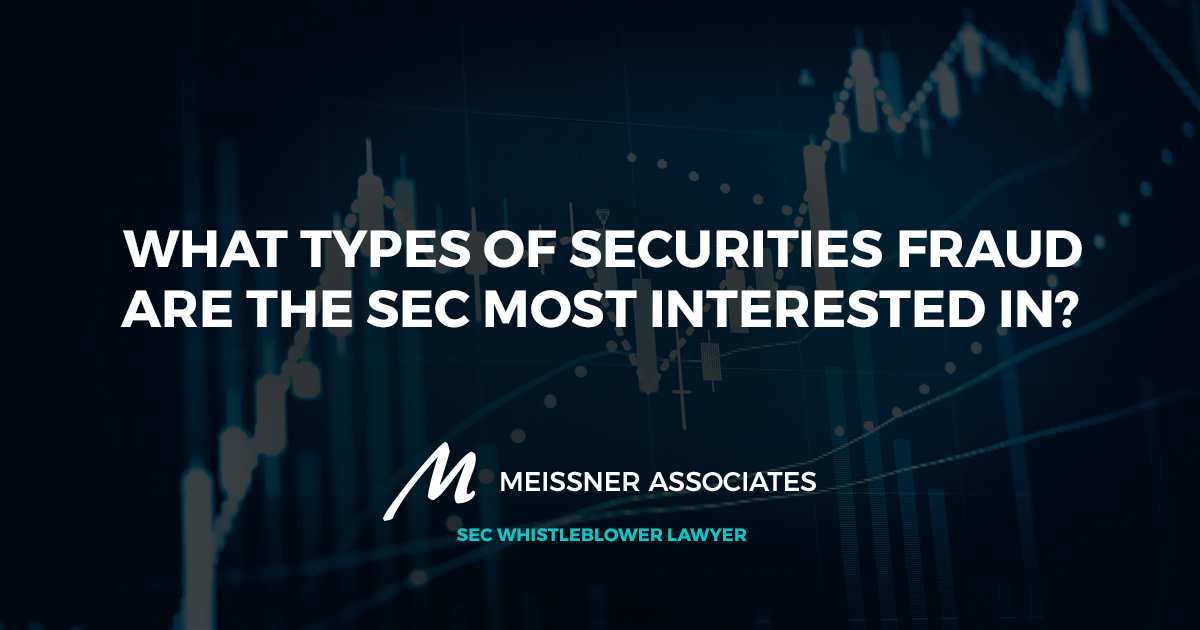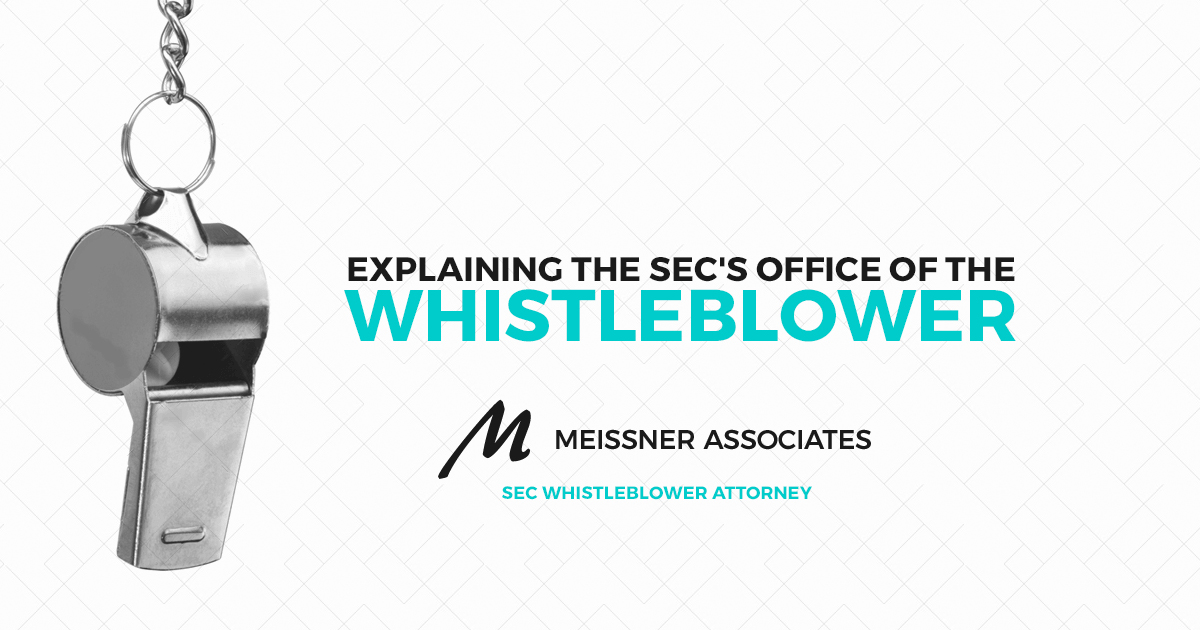Regulating the securities industry and sanctioning fraud is the responsibility of the Securities and Exchange Commission (SEC). The SEC has limited resources, so while all securities fraud is of interest to it, they do have to prioritize what to investigate.
This means that certain types of securities fraud are more likely to catch the eye of SEC personnel than others. All things being the same, the SEC is most likely to prioritize cases where the most investors are at risk. The more likely the stock market is to be destabilized by the fraud, the more urgently the SEC needs to act.
With that in mind, these are the types of securities fraud most likely to be investigated by the SEC:
Accounting Fraud
Accounting fraud is always of interest to the SEC, especially when it takes place within a large, publicly traded corporation. For example, if the company is using non-GAAP measures to hide recurring losses from investors, the company could be on the brink of collapse but appear financially solvent.
If the company eventually suffers a financial collapse, it could effectively act as a sort of financial sinkhole, taking investors and dependent companies with it. In the worst-case scenario, this type of fraud has the possibility to be incredibly destabilizing.
Insider Trading
Insider trading is illegal because it gives the insider investors an advantage over non-insiders. If insiders become aware of material information that isn’t known to the public, they are legally prohibited from making trading decisions based on it.
For example, if a company has a number of safety violations that have gone unaddressed, the company’s stock price could tank once the information becomes public. If a safety report is about to be published and insiders sell off all their stock immediately beforehand, they’ve effectively duped the purchasing investors with their insider knowledge.
Pyramid Schemes
If a pyramid scheme goes on for long enough, it can eventually affect hundreds of investors—potentially even more. Inevitably, the pyramid will reach a size where it can no longer bring in enough new investors to support all of its tiers and the scam will collapse, taking everyone involved with it into financial ruin.
Because of the great potential to impact a large number of investors and destabilize markets, stamping out pyramid schemes tends to be a high priority for the SEC.
Inappropriate Auditor-Client Relationships
The SEC has become increasingly interested in auditor conduct in recent years. The SEC relies upon auditors much like they do whistleblowers. Auditors are essential to maintaining the integrity of the financial markets.
When auditors develop inappropriate relationships with their clients, they can lose their objectivity, making it difficult or impossible to produce accurate audit reports. Faulty audits can allow dangerous fraud to continue for an extended period of time.
Expose Securities Fraud to the SEC
If you’ve encountered one of the types of securities fraud listed above—or any other type—contact Meissner Associates for a free, confidential tip evaluation. We can help you report what you’ve discovered to the SEC, protect your rights, and maximize your reward.
To get started, just call 1-866-764-3100 or complete the form below.


